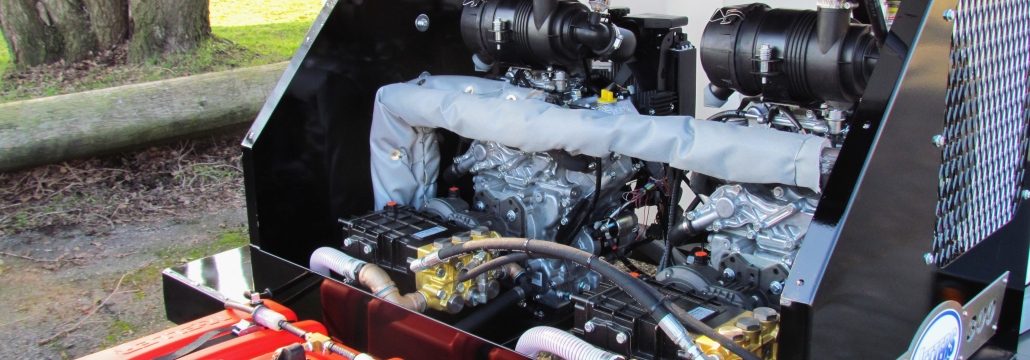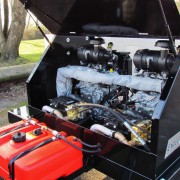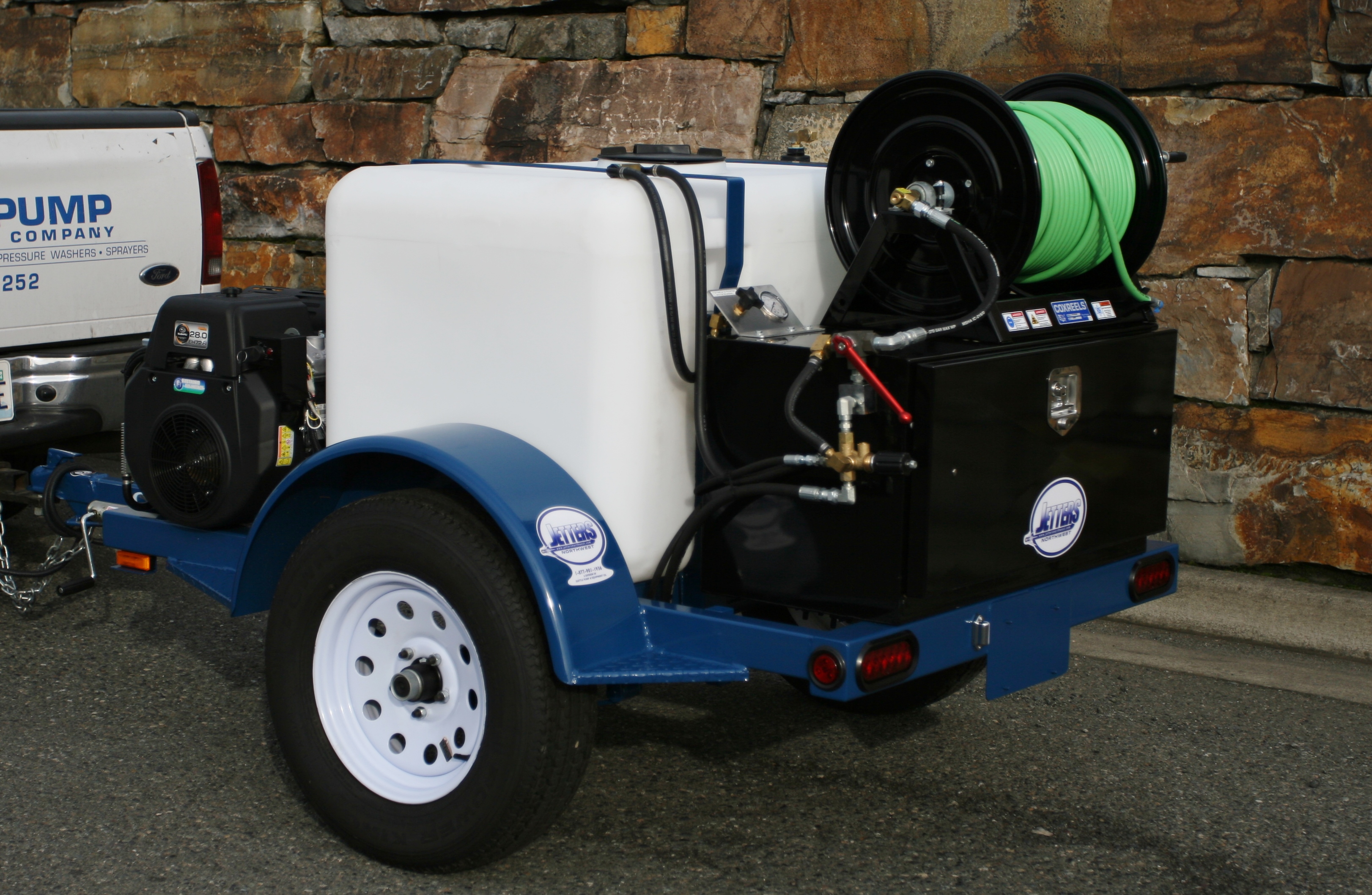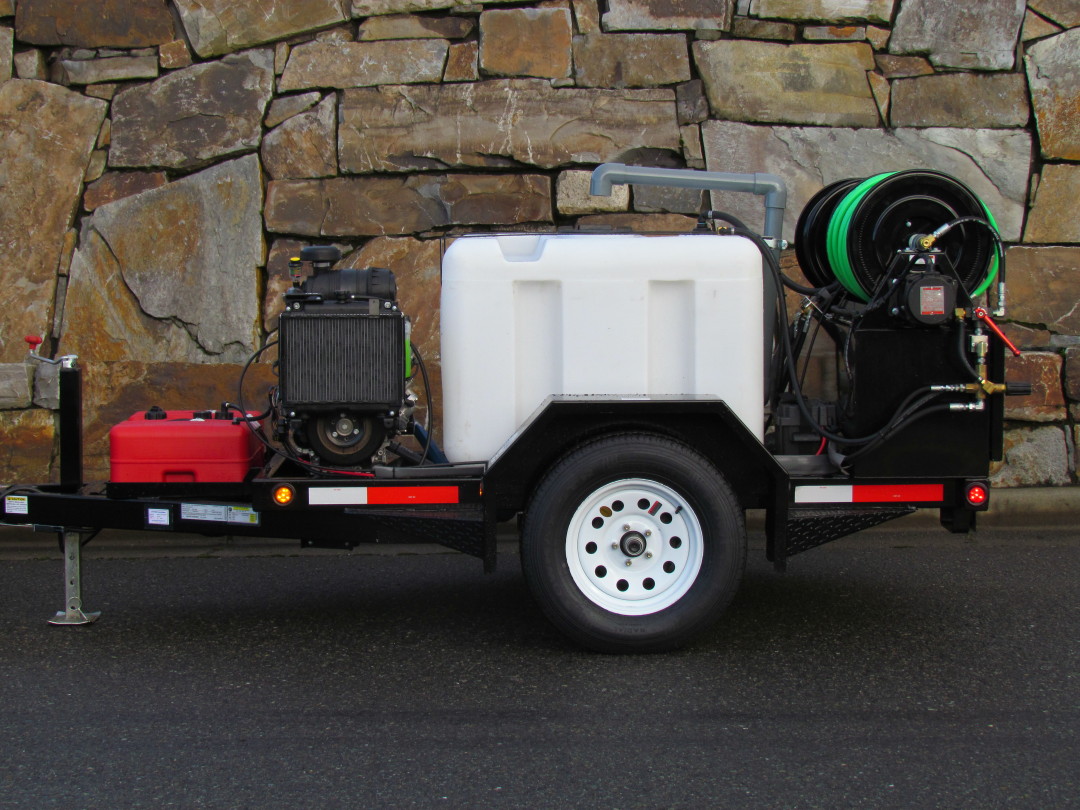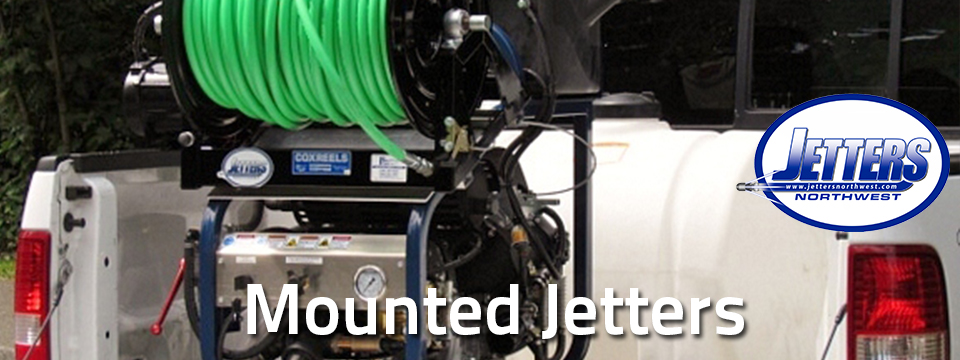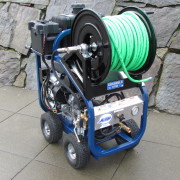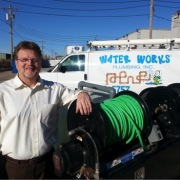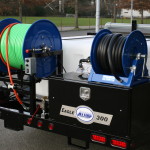ENGINE-OMICS 101…Is Bigger Always Better?
Author: John McBride
If you have spent any time on www.JettersNorthwest.com you have probably noticed a few things about us. One of the questions we hear all the time is “Why don’t you guys build your jetters with a diesel engine?” So here’s the answer…welcome to Engine-omics 101.
Okay, my blog title might lead you to believe it’s all about the money, but before I get to that here are some other reasons on the benefits of gas engines over diesel engines.
The dual engine design of the Eagle 300 Trailer Jetter is more versatile. With a dual engine Jetter like the Eagle 300 you are able to run one engine for jetting with small hose or both engines for jetting with the full sized hose. Running one engine reduces fuel consumption, wear and tear, maintenance, etc.
The dual engine design is more reliable. Think about that for a second…look at all the systems we rely on everyday like sewage pump systems, booster pump systems, fire suppression equipment, and power supply to facilities and hospitals. The one thing they have in common is some sort of emergency backup. The overwhelming majority of systems with the need for high reliability have a built in backup.
So on to Engine-omics. If you are at all familiar with diesel engines you have likely heard about the emissions standards currently transitioning to EPA Tier 4 scheduled to be in full effect by 2015 and its effect on diesel engine prices. So if you thought the premium price placed on a diesel engine was high before, just wait until next year.
Not only are diesel engines expensive to buy or replace, they are also expensive to work on. Parts cost is one factor, the other is the availability of shops with the training and ability to work on such engines. Ask yourself this question; how many pressure washer, generator, construction equipment, and lawnmower shops are in my area versus diesel engine shops? I’m guessing it’s easier and cheaper to find someone to fix your lawnmower, than your excavator.
Another benefit of having 2 smaller gas engines is the use of lower cost in conjunction with extremely durable pumps. The law of supply and demand explains why a common part for your Chevy small block is cheaper than its counterpart for a German made diesel engine. There is simply more demand, and better availability through distribution. Using 2 gas engines allows us to use large commercial triplex pumps more common to the pressure wash market. Jetters made with larger diesel engines use larger pumps with higher up front prices and more costly parts for repair and maintenance. Many of the pumps on the market also are proprietary to a specific jetter manufacturer and demand a premium price because of limited supply and lack of competition. Parts for these large jetter pumps can easily run 6-10 times the cost of parts for our pumps with no significant increase in life expectancy!
But isn’t a diesel engine more reliable? In a perfect world with proper maintenance YES, a diesel engine will outlast a gas engine. Recently I have shared a story with several folks about a customer who had to replace a diesel engine at a cost of over $10K on a 5 year old machine because he had a fuel can with some water in it and scored the cylinder walls of his otherwise well maintained jetter. What you spend on your jetter does not affect its ability to get neglected, damaged, or stolen.
So, could we build our jetters with a diesel engine? Of course! We have built equipment for years driven by gas, diesel, electric and hydraulic motors. We use gas engines on our jetters because we believe it’s a better choice for our customers.
If you have any questions or comments regarding this article please feel free to send it to us, your comments are always welcome.
If you would like to share with us how jetting has impacted your business go to our feedback page and let us know. or connect with us via Facebook https://www.facebook.com/pages/Jetters-Northwest
John McBride
Jetters Northwest Production Manager
(877) 901-1936
